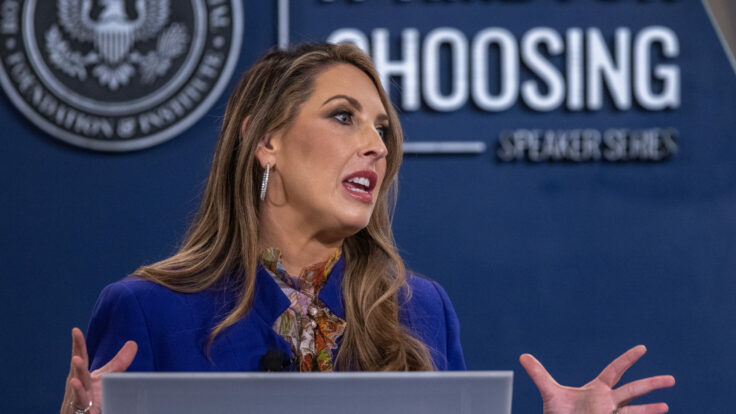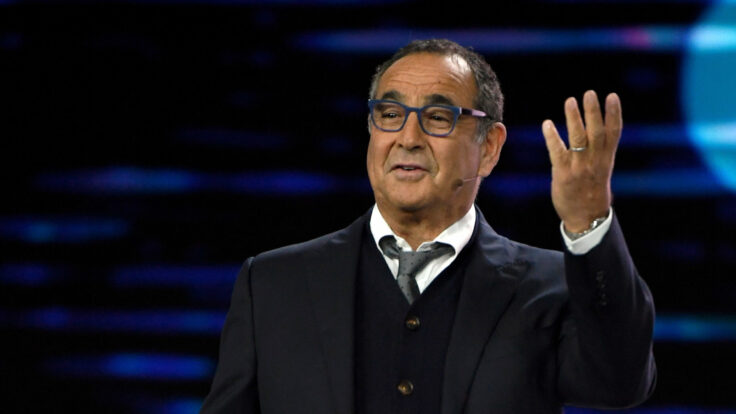For an entire generation, there have been two truisms of election night coverage in the United States. First, every other November, Wolf Blitzer has been a fixture in living rooms across the country, calmly and monotonously imploring us to “stand by” for another “key race alert,” which as often as not just indicated that polls were about to close in a few more states, allowing the vote count to actually begin. This soothing balm of nonchalant fastidiousness seemed to carry America through the night, simultaneously keeping us on edge for the next supposedly “breaking” development while somehow lulling us into a familiar patois. Some people loved Wolf, some people mocked Wolf, but a great many people relied on Wolf, and, indeed, on CNN.
And that was the second truism of election night coverage: the night seemed to belong to CNN. During historic general elections, such as those in 2008 and 2016, CNN was on in more living rooms than almost any other channel. It surpassed not only Fox News and MSNBC, but most of the broadcast networks, too. Midterm elections were less reliable given the smaller turnout, particularly as Fox News expanded its dominance over cable television and especially Republican viewers, but even then one thing was still certain: CNN would at least beat MSNBC. More Americans may have preferred the star power of Maddow, but come that first Tuesday in November, hundreds of thousands if not millions of them came back to Wolf—because CNN was where you went for the big events and for news, not just opinion.

















